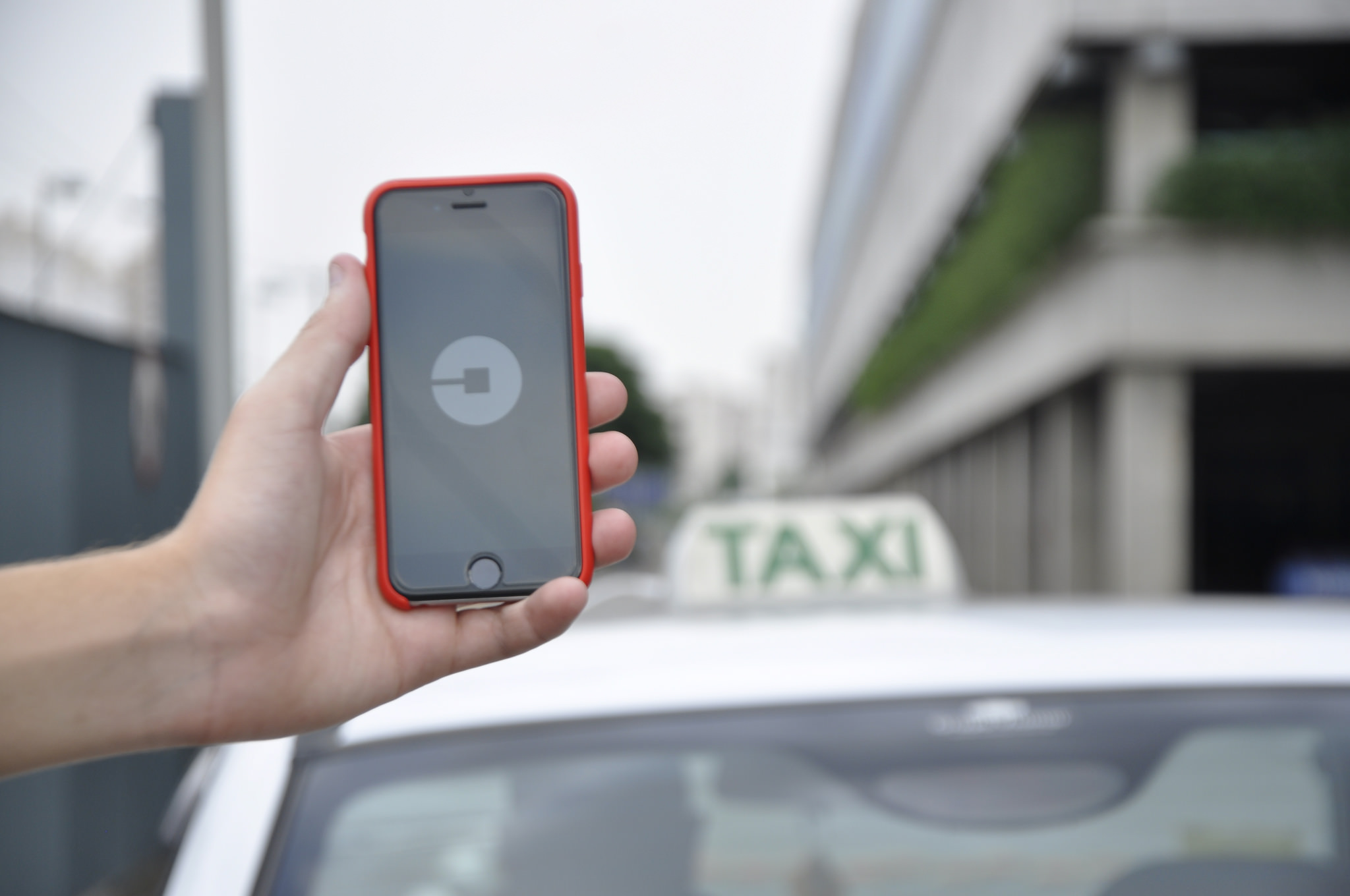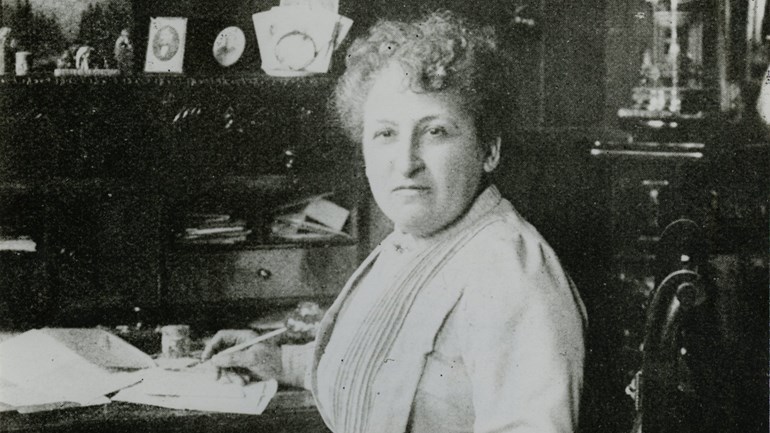The future of the sharing economy

Should Uber be considered as a company that offers transportation services or rather as a digital platform that offers information society services, operating merely to match passengers with drivers?
The Case
This is the question being debated presently before the Court of Justice of the European Union in Asociación Profesional Elite Taxi v. Uber Systems Spain, SL (Case C-434/15). The case was referred to the Court in Luxembourg from a court in Barcelona, which had to determine – amongst various other questions – whether Uber was engaging in unfair competition practices through their UberPop service (a specific type of Uber service that allows unlicensed drivers – meaning drivers without a proper taxi license – to use their own vehicles to give rides). The Spanish court determined that before answering this question, they needed to refer the matter to the CJEU to answer the threshold question of whether Uber ought to be considered as an information society service within the meaning of the Service Directive.
If Uber is to be classified merely as a transportation service, the company will no longer be afforded the protection of the Service Directive, which equips the company with the freedom to provide services across the EU Member States. In the absence of this classification, Uber will be forced to deal with the transportation regulations of each Member State where they operate.
The European Commission’s Preference
The European Commission is generally perceived as being Uber-friendly (and towards other sharing/collaborative economy platforms as well), vouching in a communication released in June 2016 that the Service Directive was, and is indeed, the appropriate legal basis for dealing with sharing platforms like Uber. The reason for the Commission putting their figurative thumb on the scale (in favour of the sharing economy platforms) – I suspect – has something to do with the fact that the sharing economy is estimated to contribute upwards of € 570 billion into the EU economy by the year 2025. If the CJEU would rule that Uber is merely a transportation service, then the restrictive regulations that would inevitably be placed on Uber and the other peer-2-peer platforms will surely diminish not only their unique characteristics, but such a decision would surely dampen the economic contributions of the sharing economy to the EU’s economy and weaken the digital internal market.
The Advocate General’s Opinion
To approach the question from the other side, one Advocate General of the Court, Maciej Szpunar, opined back in May 2017 that Uber clearly falls under the transportation services category, claiming that “Uber cannot claim the benefit of the principle of the freedom to provide services guaranteed by EU law for information society services.” While the AG’s opinion itself is not legally binding, more often than not, the Court’s decision usually aligns with the opinions of the AGs, meaning that Uber (and the Commission) has reasons to be concerned.
The opinion of the AG Szpunar, though not necessarily an economically prudent one, is still a very sympathetic one. While a strong argument could be made that the EU should enable innovation by embracing new technologies and facilitating the sharing/collaborative economy (and thus benefit from the riches that come with it), a counter-argument could be made that these new services should not be allowed to gain an unfair competitive advantage by being permitted to legally circumvent compliance to various existing laws, including but not limited to privacy laws, competition laws, tax laws, labor laws, consumer protection regulations, and other rules with the intended aim of protecting civil society as we know it.
The Future?
As the sharing/collaborative economy continues to expand across the EU, it is becoming increasingly apparent that the law is not keeping up adequately. For example, Uber cannot be neatly classified as a transportation service, at least not in the way we categorized transportation services in the past. To put it quite differently, treating Uber as just another transportation company would be tantamount to labelling Tinder as an escort service. This is to suggest that the sharing/collaborative economy platforms ought to be categorized as an entirely different species from their respective ancestors.
For the time being, the Court is being asked to take a square peg and to place them correctly in one of the two round holes (to quote one American judge). Undoubtedly, there will be repercussions from this decision, which is expected to be published at any moment now. While there are undeniable societal benefits that the sharing/collaborative platforms offer to the end-users and the economy as a whole, these digital platforms must be regulated in some way. The more relevant question now is how? As tensions rise between those that want to regulate the sharing economy and those that want to enable and facilitate it (as exemplified by the juxtaposition of the Commission’s communication and the AG’s opinion above), we must seek for a smarter, more modern solution. That is to suggest that rather than asking the courts to pick which round hole to put a square peg into, the legislators ought to create a third hole: a square one.
| More blogs on Law Blog Maastricht - originally published on MEPLI, image by Flickr, Núcleo Editorial |
-
 M.T. KawakamiMore articles from M.T. Kawakami
M.T. KawakamiMore articles from M.T. KawakamiTeacher. Lawyer. Failed Comedian. Weekend Researcher.
Other blogs:
Also read
-
Recent days have seen the meteoric rise and fall of the European Super League (ESL). This new league would have consisted of 15 founding clubs and 5 other clubs; the former consisting of ‘big clubs’ which could not be relegated and the latter in clubs who performed well over the past years on a...
-
Back in 2017, the European Court of Justice ruled in Asociación Profesional Elite Taxi v. Uber Systems Spain, SL (Case C-434/15) that Uber offers common transportation services and thus, ought to be regulated as such. Various European national courts subsequently made similar rulings against Uber...
-
In the last few months all colleagues were able to participate in a poll to name our tutorial rooms. This leads to a choice doing justice to diversity in nationality, field, gender and type of name.


